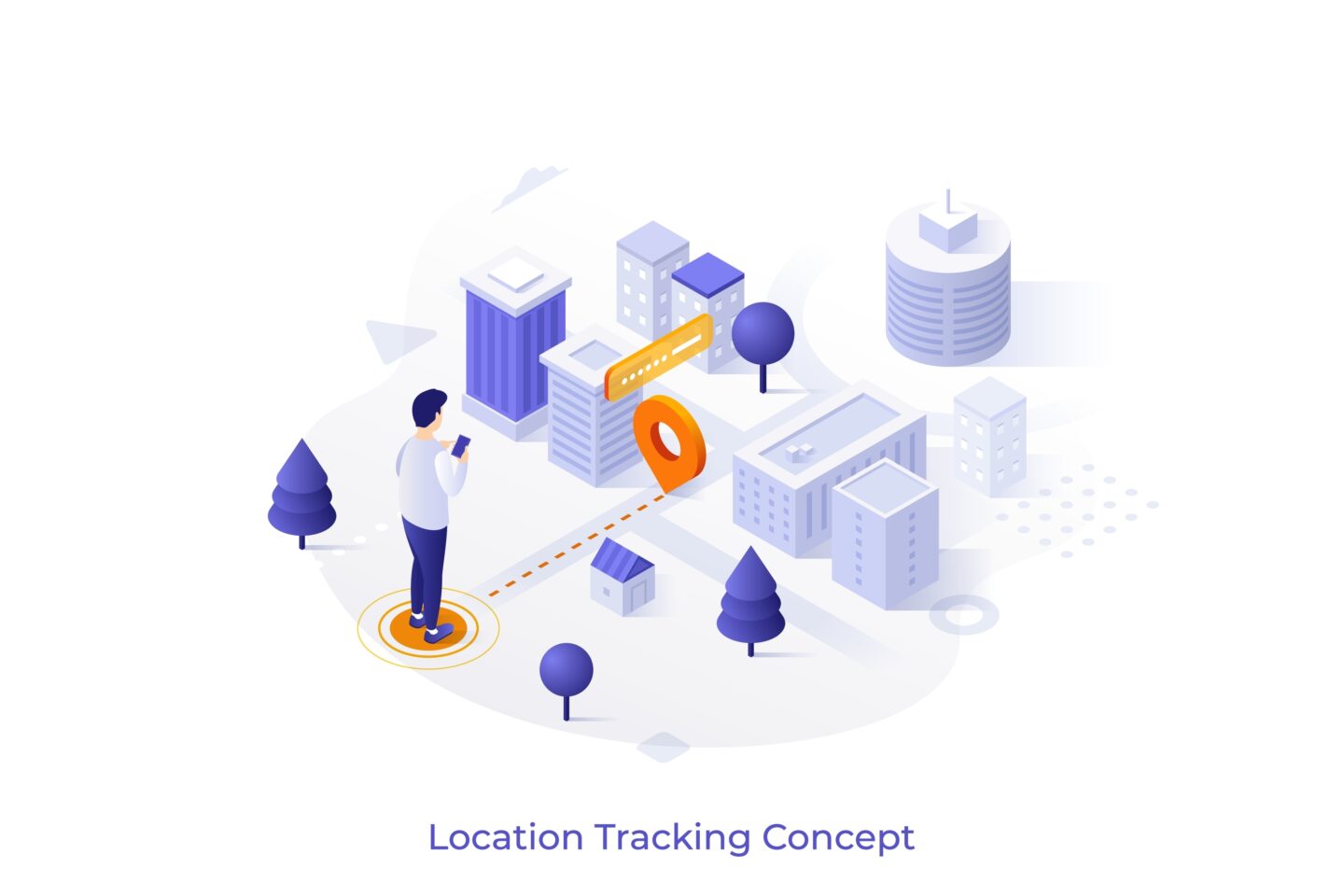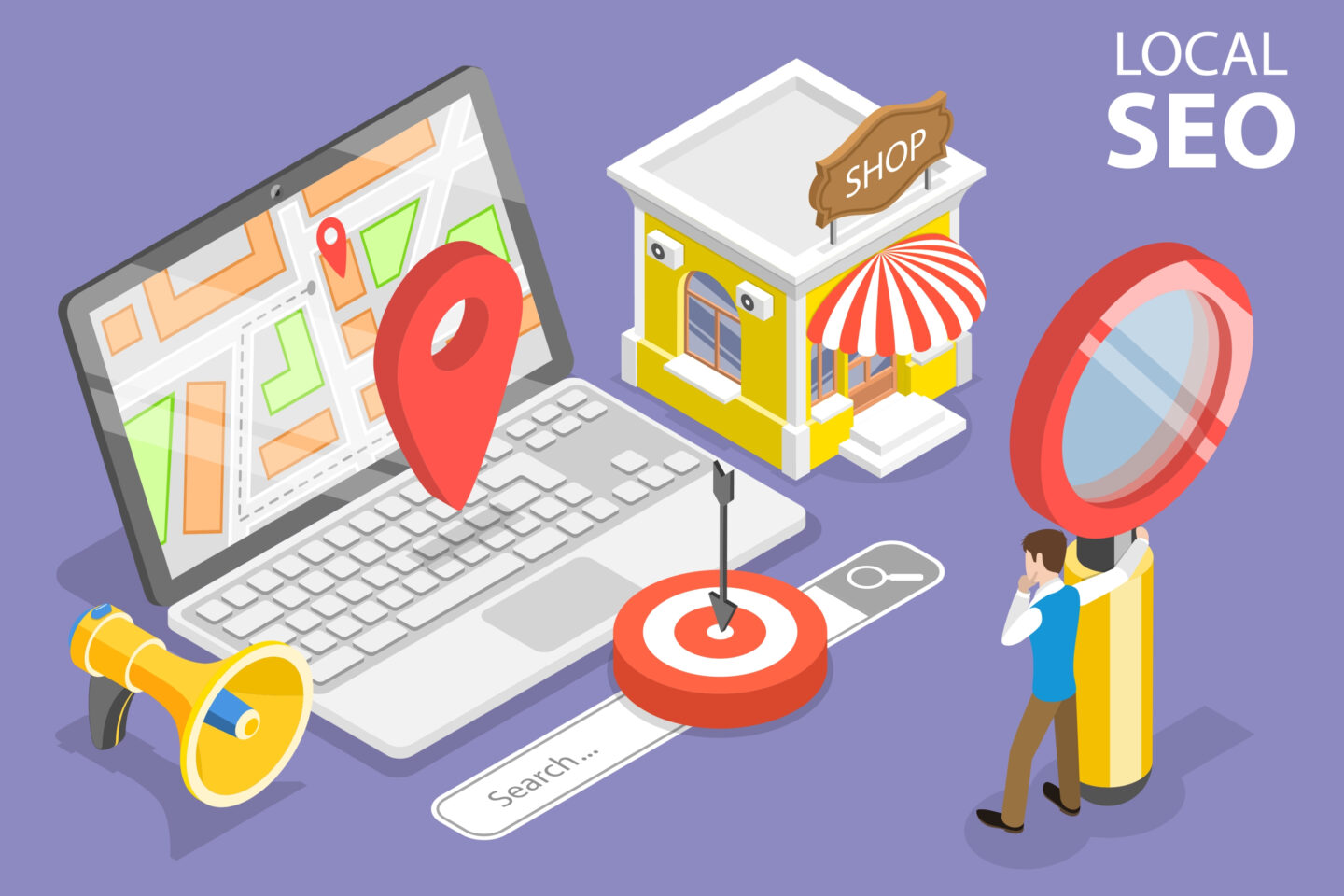Originally published by Beacon Media + Marketing. Updated and revised by Jennifer Gracey, Web Content Strategist & Writer on 07/17/23.
As a mental health practice owner, gaining more clients and expanding your practice is a given. Actively and intentionally marketing your clinic is one of the best ways to reach (and connect with) your desired target audience. However, it’s important to know — being specific in your marketing strategy is the secret sauce to finding clients in your area.
Craft a Solid Marketing Strategy
Crafting your marketing strategy to include local SEO will help you gain brand awareness and connect to those looking for mental health care in the vicinity. This of course, is in addition to what you’re likely already doing with referrals and therapist directory listings. Especially as more and more people field their search for services online.
To acquire clients effectively, incorporating SEO-optimized content by integrating keywords into your organic and paid materials is a solid strategy. However, creating a cohesive forward looking plan can prove challenging due to the multitude of marketing tools and methods that demand time and financial investment.
So, how does one implement a unified marketing strategy across multiple locations to attract clients to all your clinics? Our comprehensive guide on strategizing local SEO for a multi-location mental health practice will help you answer this question and more.
Are you interested in how Beacon Media + Marketing can help your mental health practice? Learn how we’ve helped other mental health providers andclinics transform their businesses!
Why Include Local SEO In Your Marketing Strategy?
Knowing the significance of keyword optimization and incorporating SEO keywords that effectively communicate your services is just the beginning of attracting new clients online. In fact, one crucial factor you must not overlook is local SEO, a key component of your marketing strategy. By implementing local SEO, you can precisely target individuals searching for “mental health care in my area” and similar terms.
Local SEO revolves around your search intent and optimizing your website to achieve higher rankings on search engine results pages for individuals in your local vicinity in need of your services. Unlike national-level companies or online organizations that focus on broader search terms, a local SEO strategy hones in on location-specific keywords, allowing you to expand your business and attract highly qualified leads. Get ready to elevate your online presence and pave the way for success through engaging and active local SEO practices!
When you search using Google, the search engine collects relevant results by utilizing information about you, including your location. This means Google tailors the results for “near me” and searches related specifically to you (or the individual doing a search for a specific topic.)
To capture a significant search volume in your area, it is crucial for Google to understand the location of your mental health practice. You can ensure Google has this information by using keywords that indicate the services or search terms along with your location. Throughout your website, you can naturally incorporate this particular keyword or its variations, such as labeling headings as “Mental Health Clinic in San Diego.”
By incorporating local SEO into your marketing strategy, you ensure that people in the vicinity of your clinic can easily find it. This approach not only boosts brand awareness but also facilitates the conversion of a larger number of clients.
The Key Elements of a Multi-Location SEO Strategy for Mental Health Practices
Let’s look into how local SEO applies to a mental health practice with multiple locations. If your business operates practices in Los Angeles, Seattle, and Portland, how can you ensure that you rank for important keywords like “therapist near me” in all three locations? Below, we’ll explore key elements of local SEO for multi-location practices.
1. Location Website Pages

Ensure each location has its own dedicated location page. This entails including a “locations” section in the main navigation and creating individual pages for each location you serve. You can also craft distinct pages for each location, providing tailored information about those clinics. By doing so, you actively enhance user experience and facilitate seamless navigation for your visitors.
2. Unique Content

Set up each location with unique content. Avoid creating location pages that are nearly identical but with a different location as the keyword. Google can detect this duplicate content, and your SEO ranking will be negatively impacted.
3. Correct Business Listings

Make sure to accurately and comprehensively fill out all your online business listings, such as your Google Business Profile (formerly Google My Business), Yelp, Yahoo!, Bing, Facebook, etc. To rank on the coveted first page of Google, it’s vital that you actively maintain and regularly update your Google My Business profile.
4. No Virtual Locations

Avoid including virtual locations you can serve in your Google Business Profile. Your Google Business Profile links directly to Google Maps, meaning you must adhere to the guidelines by utilizing a physical business address. While you can still indicate the area of your virtual mental health practice, tools such as Google Business Profile cannot be utilized.
5. Follow SEO Best Practices

Ensure that your marketing strategy incorporates essential SEO best practices such as strategically utilizing keywords in your blog’s header, title tag, and meta description. Additionally, include a well-crafted SEO linking strategy while keeping a cautious eye on avoiding excessive keyword usage. Remember, the algorithm prioritizes blogs that skillfully respond to users’ queries rather than those that excessively stuff keywords. So, aim to create content that best addresses their questions and vaults your blog to the top of search results.
Are you unsure how to follow the best SEO practices? Let our team at Beacon Media + Marketing worry about that!
6. Read Online Reviews

Pay attention to online reviews of your mental health practice. Consider implementing a referral reward program or asking patients to review your practice online. Peer reviews hold great value, as they provide candid experiences that can attract potential clients. Respond promptly to negative reviews and also consider reporting and removing any dishonest or malevolent reviews.
7. Have a Backlinking Strategy

A well thought-out backlinking strategy can help you acquire local, high-quality links. By incorporating backlinks, you showcase your reliance on various resources like websites, web pages, or web directories for information. Think of backlinks as references, similar to citations, that not only boost your SEO strategy but also create a more engaging online presence.
8. Long-Form Content Strategy

Implementing a long-form content marketing strategy involves leveraging locally optimized keywords to rank for key terms in blogs. By crafting insightful and informative blog posts, you can effectively utilize this powerful marketing tool to enhance brand awareness and address individuals’ mental health inquiries. Moreover, integrating your clinic locations into these posts ensures that people seeking mental health care will easily find your services. Having a comprehensive library of information readily available establishes trust with potential clients and enables them to make informed decisions.
9. Utilize Social Media

Posting on social media can help you reach local users, even if it’s not directly related to SEO. Being active online allows you to connect with a wide audience and provide valuable information, such as educational content and details about your services. It also helps you showcase a personable side of yourself, which can build trust with potential clients. So, go ahead and engage your audience by sharing content on social media platforms!
10. Consider Google Ads

If you’re facing difficulties ranking for keywords organically, why not give Google ads a try? While there are restrictions on the content of your advertisements if you’re not LegitScript certified, they still offer a fantastic opportunity to attract new clients. With Google Ads, you can propel your website to the top of search results, effectively converting potential clients into loyal customers.
How Can Beacon Media + Marketing Help?
After learning these tips, you might feel overwhelmed by the multitude of elements involved in crafting an effective marketing strategy. Managing the marketing efforts for one location alone can be challenging, let alone juggling marketing strategies for multiple locations. If you find yourself unsure of how to achieve your marketing goals independently, it may be time to consider outsourcing your marketing needs.
At Beacon Media + Marketing, we specialize in helping businesses like yours reach their marketing goals by employing a range of comprehensive services. We are dedicated to empowering your mental health practice and enabling you to focus on your real passion. Let us assist your clinics in thriving with our unbeatable marketing services.
Are you ready to see if Beacon Media + Marketing is the right fit to help you manage your multi-location clinic? Schedule a free consultation!